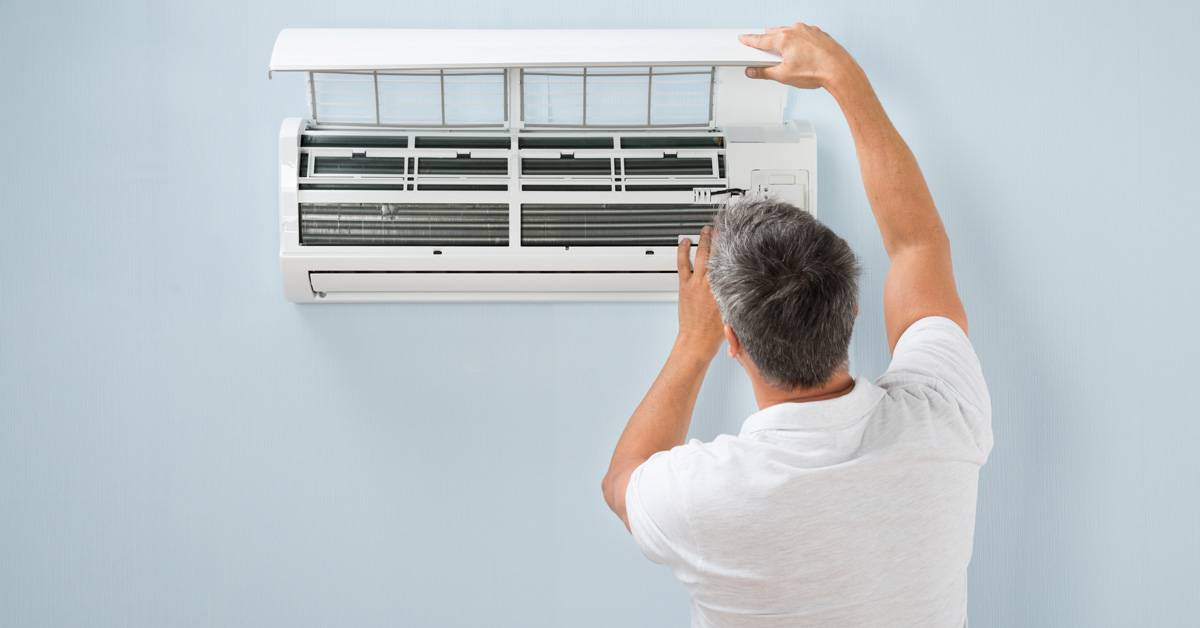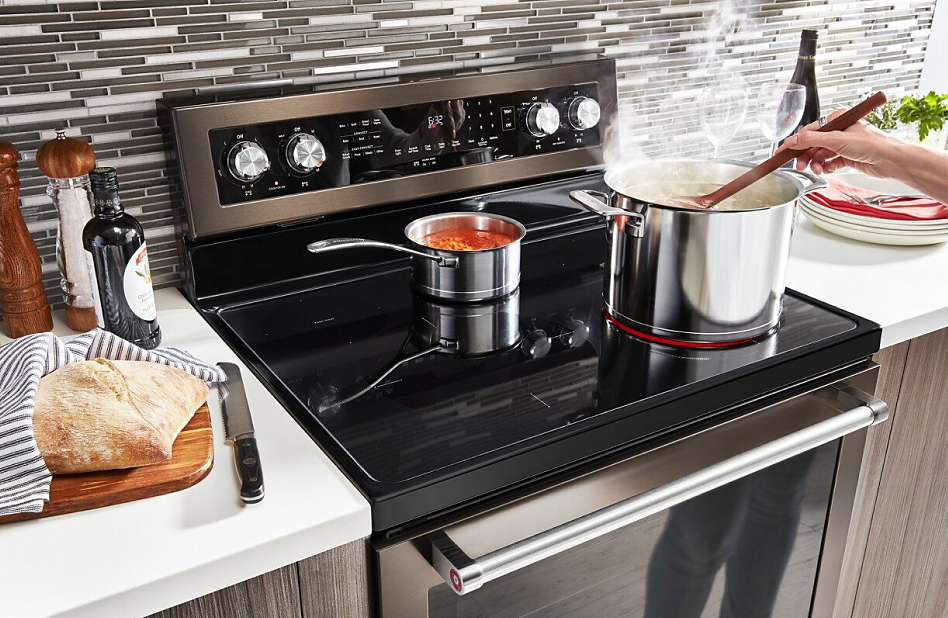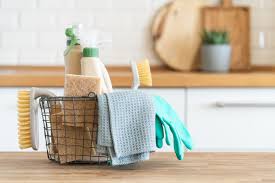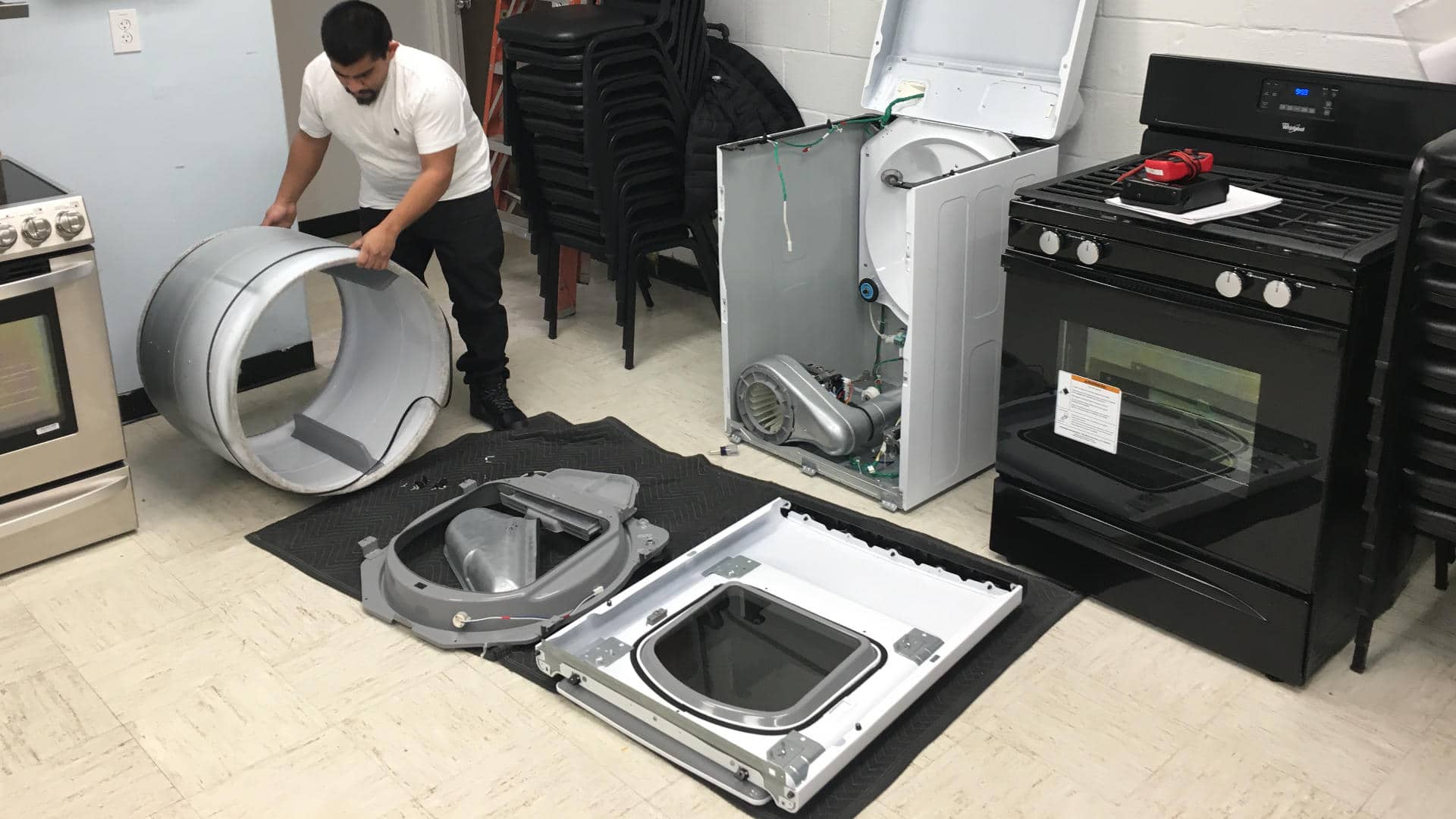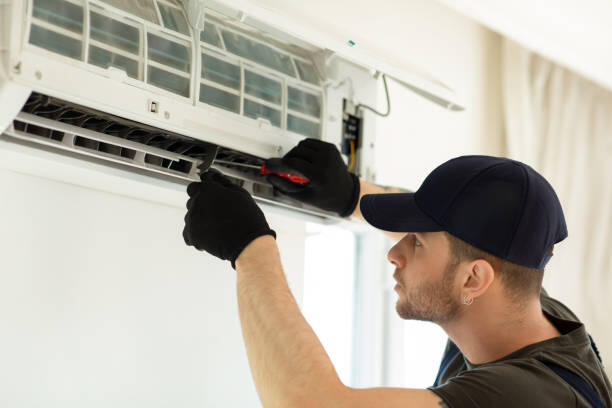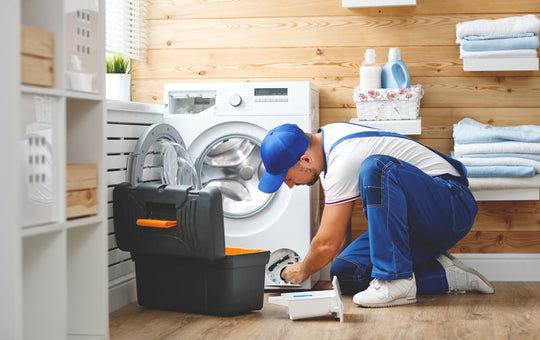What are the problems in the cooling system?
Understanding how to address cooling system problems is crucial for maintaining a comfortable indoor environment. From minor issues like dirty air filters to more complex problems such as refrigerant leaks or electrical malfunctions, being equipped with troubleshooting skills can save both time and money. However, there are instances where seeking professional help becomes necessary. Professional technicians have the expertise and tools to diagnose and repair cooling system problems safely and effectively. In this guide, we'll explore common cooling system issues, provide troubleshooting tips for minor problems, and discuss when it's time to enlist the help of a professional. Let's delve into the world of cooling system maintenance and repair.
Common Causes of Cooling System Failures
Cooling system problems can be frustrating and disruptive, often leading to discomfort and inconvenience. Understanding the common causes of these issues can help homeowners identify and address them promptly. Here are some frequent culprits behind cooling system problems:
Refrigerant Leaks: Leaking refrigerant is a common issue that can result from worn-out seals, damaged coils, or faulty connections. Low refrigerant levels can lead to reduced cooling efficiency and increased energy consumption.
Dirty or Clogged Filters: Blocked air filters restrict airflow, forcing the cooling system to work harder to maintain the desired temperature. This not only diminishes performance but also increases the risk of mechanical failures.
Faulty Thermostat: A malfunctioning thermostat can inaccurately read temperature settings, causing the cooling system to overcool or undercool the space. This inconsistency can lead to discomfort and energy wastage.
Condenser Coil Issues: Dirty or damaged condenser coils hinder heat exchange, reducing the system's ability to dissipate heat effectively. Regular cleaning and maintenance are crucial to prevent coil-related problems.
Electrical Problems: Wiring issues, faulty capacitors, or damaged compressors can disrupt the electrical components of the cooling system, resulting in intermittent operation or complete breakdowns.
To prevent and address cooling system problems effectively, homeowners should prioritize regular maintenance, including filter replacements, coil cleaning, and thermostat calibration. Additionally, scheduling professional inspections and repairs can help diagnose and resolve potential issues before they escalate.
By staying vigilant and proactive, homeowners can ensure their cooling systems operate efficiently, providing optimal comfort and performance throughout the year.
Signs and Symptoms of a Failing Cooling System
Recognizing the signs and symptoms of a failing cooling system is crucial for homeowners to avoid unexpected breakdowns and costly repairs. Here are some common indicators that your cooling system may be experiencing problems:
Poor Cooling Performance: One of the most obvious signs of a failing cooling system is a decline in its ability to maintain a comfortable indoor temperature. If you notice uneven cooling or persistent warm spots in your home, it could indicate underlying issues with your cooling system.
Unusual Noises: Strange sounds such as banging, rattling, or grinding coming from your cooling system can signal mechanical problems or loose components. Ignoring these noises can lead to further damage and potential system failure.
Frequent Cycling: If your cooling system frequently turns on and off in short cycles, it may be struggling to maintain the desired temperature. This constant cycling not only reduces energy efficiency but also puts unnecessary strain on the system.
Leaks or Moisture: Any signs of water leakage or moisture accumulation around your cooling system should be addressed promptly. Leaks can indicate issues with the refrigerant lines, condensate drain, or other components, posing a risk of water damage and mold growth.
Foul Odors: Strange or foul odors emanating from your cooling system can be a sign of mold or bacterial growth within the system or ductwork. These odors not only affect indoor air quality but also indicate potential health hazards.
Recognizing these signs and symptoms early on can help homeowners address cooling system problems before they escalate. Regular maintenance, including professional inspections and tune-ups, is essential for ensuring the efficient and reliable operation of your cooling system.
Importance of Regular Maintenance
Regular maintenance is paramount when it comes to ensuring the optimal performance and longevity of your cooling system. Here's why staying on top of maintenance tasks is crucial:
- Prevention of Cooling System Problems
- Optimized Energy Efficiency
- Extended Equipment Lifespan
- Enhanced Indoor Comfort
- Improved Indoor Air Quality
Prevention of Cooling System Problems
Regular maintenance allows HVAC technicians to identify and address potential issues before they escalate into major problems. By conducting routine inspections, cleaning, and tune-ups, technicians can detect worn-out components, leaks, or other issues early on, preventing costly repairs down the line.
Optimized Energy Efficiency
A well-maintained cooling system operates more efficiently, consuming less energy to achieve the desired temperature. Clean filters, lubricated components, and properly calibrated thermostats ensure that the system operates at peak efficiency, reducing energy bills and environmental impact.
Extended Equipment Lifespan
Just like any other mechanical system, cooling systems require regular upkeep to function optimally over time. By scheduling routine maintenance, homeowners can extend the lifespan of their cooling equipment, delaying the need for costly replacements and upgrades.
Enhanced Indoor Comfort
A properly maintained cooling system provides consistent and reliable cooling throughout your home, ensuring optimal indoor comfort, especially during the hot summer months. Regular maintenance helps identify and address issues that could compromise comfort, such as inadequate airflow or temperature inconsistencies.
Improved Indoor Air Quality
Routine maintenance includes cleaning or replacing air filters, removing dirt, dust, and debris from the system. This not only improves the efficiency of the cooling system but also enhances indoor air quality by reducing airborne pollutants and allergens.
By prioritizing regular maintenance, homeowners can enjoy a host of benefits, including improved performance, energy savings, and peace of mind knowing that their cooling system is operating efficiently and reliably.
Troubleshooting Tips for Minor Issues
Facing minor issues with your cooling system can be frustrating, but with the right troubleshooting tips, you can often resolve these problems on your own. Here are some handy tips for addressing minor cooling system problems:
Check the Thermostat: If your cooling system isn't working as expected, the first step is to check the thermostat settings. Ensure that it's set to the desired temperature and mode (cooling). Replace the batteries if necessary, and consider upgrading to a programmable thermostat for added convenience and energy savings.
Inspect the Air Filters: Clogged or dirty air filters can restrict airflow, causing your cooling system to work harder than necessary. Check the air filters regularly and replace them if they appear dirty or clogged. This simple maintenance task can improve system efficiency and indoor air quality.
Clear Obstructions: Ensure that the supply and return vents are not blocked by furniture, curtains, or other obstructions. Blocked vents can disrupt airflow, leading to temperature inconsistencies and reduced cooling performance. Keep the area around the vents clear to allow for proper airflow.
Clean the Condenser Unit: Outdoor condenser units can accumulate dirt, debris, and leaves over time, hindering heat exchange and reducing cooling efficiency. Regularly clean the condenser unit by removing any debris and gently hosing down the fins. Be sure to turn off the power to the unit before cleaning to prevent accidents.
Inspect the Circuit Breaker: If your cooling system suddenly stops working, check the circuit breaker to see if it has tripped. Reset the breaker if necessary, but if it trips repeatedly, it could indicate an underlying electrical problem that requires professional attention.
By following these troubleshooting tips, you can often resolve minor cooling system problems quickly and effectively, restoring comfort to your home without the need for professional assistance.
When to Seek Professional Help
Knowing when to seek professional help for cooling system problems is essential to ensure timely and effective resolution of issues. Here are some situations where it's best to call in a professional HVAC technician:
Persistent or Severe Problems: If you've attempted troubleshooting steps for minor issues without success, or if the problem persists or worsens, it's time to seek professional help. Continuing to operate a malfunctioning cooling system can exacerbate the problem and potentially lead to more extensive damage.
Refrigerant Leaks: Handling refrigerant is hazardous and requires specialized knowledge and equipment. If you suspect a refrigerant leak due to a noticeable decrease in cooling performance or hissing sounds coming from the unit, it's crucial to contact a professional technician immediately to assess and repair the issue.
Electrical Issues: Any problems involving the electrical components of your cooling system should be addressed by a qualified technician. This includes issues such as frequent circuit breaker trips, burnt-out capacitors, or malfunctioning compressors. Attempting DIY repairs on electrical components can be dangerous and may void warranties.
Unusual Odors or Sounds: Strange odors, such as burning smells or foul odors, emanating from your cooling system could indicate a serious problem, such as electrical issues or mold growth. Similarly, unusual sounds like grinding, rattling, or banging may signal mechanical failures that require professional attention.
Annual Maintenance: Regular maintenance by a professional HVAC technician is essential for the long-term health and efficiency of your cooling system. An annual maintenance visit includes thorough inspection, cleaning, and tune-up procedures that can help prevent problems before they occur and ensure optimal performance throughout the cooling season.
By recognizing the signs that indicate the need for professional help and acting promptly, homeowners can avoid further damage to their cooling systems and ensure comfort and efficiency in their homes.
